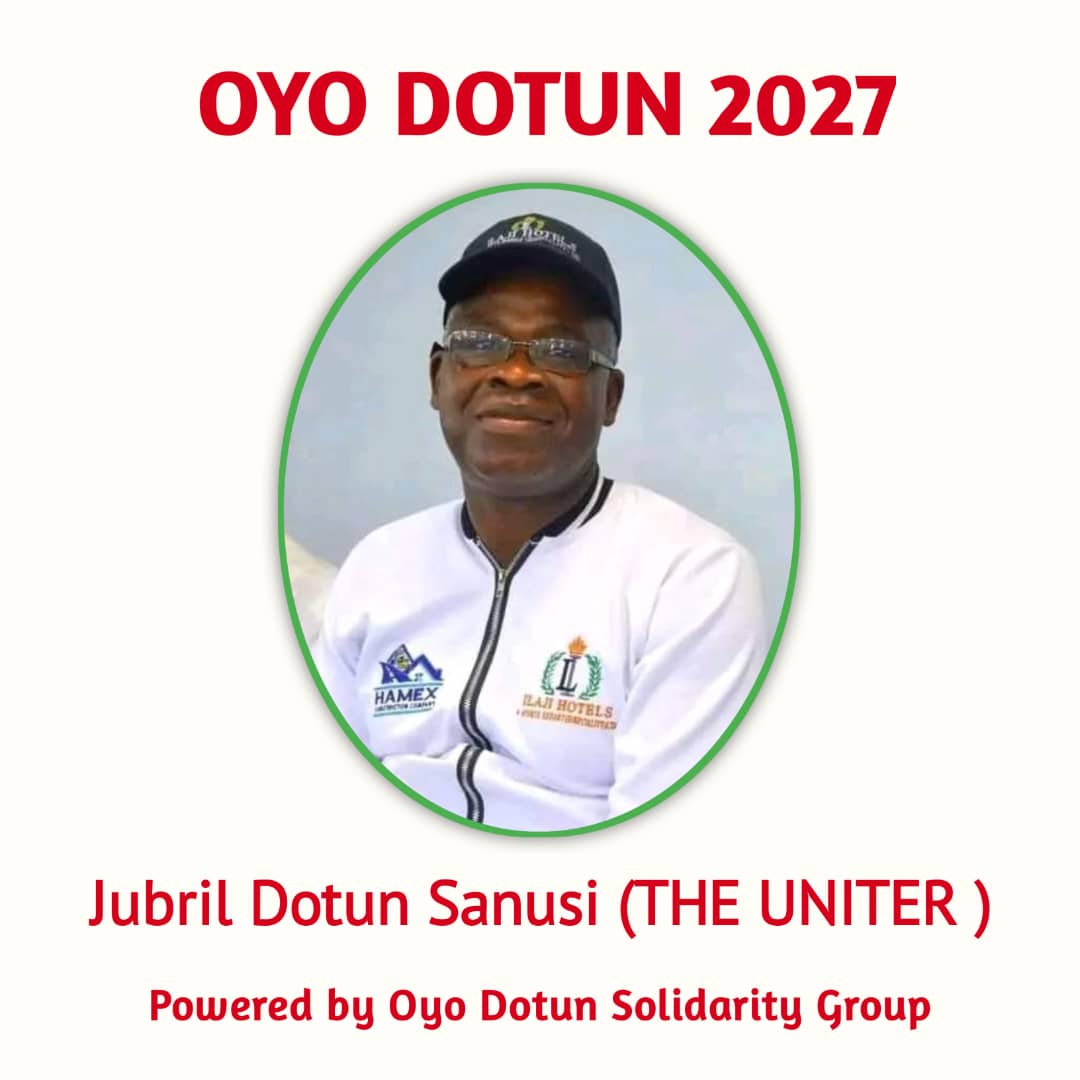For the first time in recent years, the usual reliance on pollsters and online political predictions to provide a glimpse into the hearts of electorates has waned. Dominating online conversation, for instance, is considered an integral part of winning the actual poll, and politicians will go to any length to win the political game on both the biosphere and the infosphere. For instance, President Muhammadu Buhari’s 2015 electoral fortune was in large part due to the hyperactive nature of his social media evangelists.
More reason for politicians to spend a fortune trying to outwit each other on the internet while employing their various dingbats. In another example, former Vice President and serial presidential hopeful, Alhaji Atiku Abubakar, was reported to have hired the services of hundreds of highly networked social media influencers in the 2019 electoral contest. The reason for that is simple: dominate the conversation, change the narrative.

But almost at every turn of the electoral year in the country, the complexity of Nigerian political dynamics keeps unfolding. What is currently invoked today may disappear into the quicksand of irrelevance within a twinkle of an eye. While most still believe in the power of the internet, or more specifically, technology, to change political narratives, there appears to be a growing number of others who are of the view that technology is only a factor in the political evolution of the country. Technology, as it has in other countries, has proven to be more than just a tool—or a negotiable factor—and is now a critical and unavoidable force for politicians and candidates for public office.
Of course, while technology might have brought some form of relief, sanity, and transparency to our electoral trajectory, the cold truth is that it is not an end in itself. But given how technology has helped shed light on what’s otherwise obscure to the public, one can only be upbeat about what the future of democracy holds for the nation.
But still, there’s a wide gap between voter education and the integration of technology into our electoral process. The deeply embedded political culture that is skewed towards certain indices is much alive and ready to swing votes in favour of its favoured candidates in the far North, which is home to millions of voters. The north, more than any other region in the country, has vividly demonstrated a clear understanding of the essence of political power. Furthermore, the North has consistently outperformed the rest of the country in voter turnout in every election year and that is not about to change in coming weeks. With 19 states under its belt, other regions are unlikely to arm-twist that section of the country, which has been so described as being at the backseat stage of all developmental indices.
Interestingly, Nigerians will go to the polls in the next five weeks —first in the two-leg race that will usher in another set of political leaders who will lead the country for another four years. For the most part, the race has been delineated as a three-horse contest. And each candidate at that level of electoral competition has demonstrated what makes them stand out. But there’s a close link between the nationally charged political atmosphere and the current political reality in Oyo State. While the contest for the country’s top job is between three notable candidates, in the pace-setting state as well, the story is the same. The incumbent Governor, Seyi Makinde, is determined to retain his seat, while the opposition against him has gathered unprecedented momentum. How formidable the opposition is in the contest remains to be seen at the polls.
But regardless of their party affiliations, all serious contenders for political offices in the country are all feeling the heat of political uncertainty and unpredictability. The growing disaffection against politicians in the country may manifest greatly at the polls. But those who are entering the murky waters of politics from the private sector may also not find it easy, either. One lesson the build-up to this election has taught is erase the overconfidence that accompanied politicians’ campaign rhetoric. You don’t want to be caught off guard by those you think are underdogs. In Oyo State, the likes of Senator Teslim Folarin and Oloye Bayo Adelabu are giving Governor Makinde a run for his money. And should there be a coalition between the two, the governor might as well start to write his farewell speech. But truth to be told coalition is definitely and currently off the table.
Matter-of-factly, the two leading opposition candidates are laser focused on their various political permutations and calculations. We might have a clearer understanding of what becomes of Oyo politics after the presidential and national assembly elections are won and lost. But as profoundly interesting as that is, serious politicians are still not resting on their laurels. It’s ironic how much effort politicians put into politics when seeking office compared to how much commitment they exert in the business of governance. Now, imagine politicians are as desperate, serious and committed toward good governance same way they are toward the glitz and glamor of power, influence and authority. Nigeria in general and Oyo State in particular, will be better off, definitely, certainly.
OYO101 is Muftau Gbadegesin’s opinion about Issues affecting Oyo state, published on Saturdays. He can be reached via @TheGMAKing on Twitter, muftaugbadegesin@gmail.com and 09065176850




